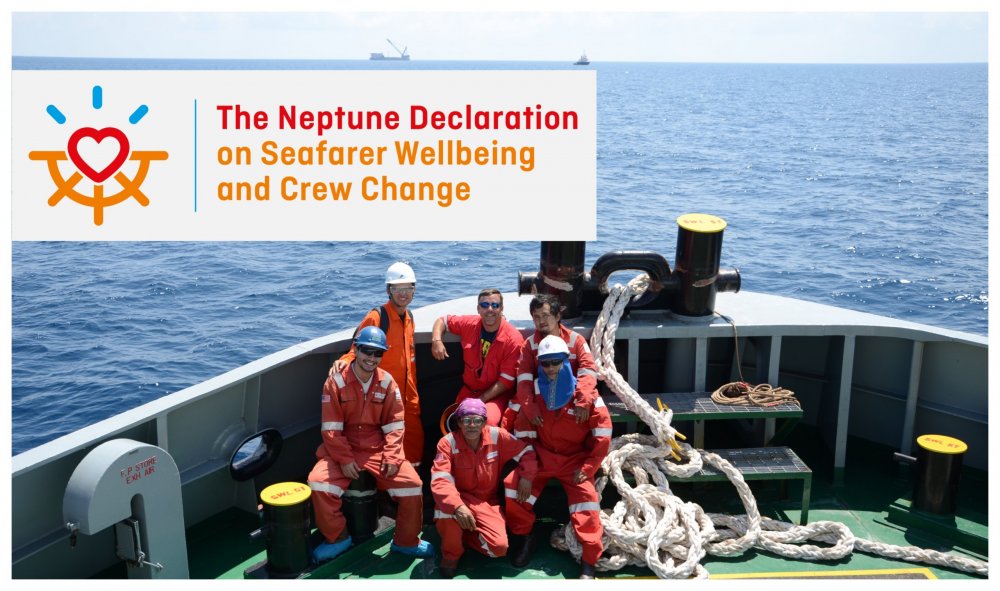
Dear Editor,
Human rights apply at sea, as they do on land.
This must be a central if not subconscious premise that underpins the new Neptune Declaration on Seafarer Well Being and Crew Change.
For if we do not treat our seafarers with dignity, fairness and access to core human and labour rights’ protections how can the collective shipping industry advance any credible argument for being a fair employer, a viable future career choice beyond COVID-19 and extract themselves from the current humanitarian crew crisis?
From an independent civil society and human rights perspective looking from the outside in, Human Rights at Sea has monitored many aspects of day-to-day business activities across the entire maritime environment and associated supply chains for the past seven years.
We have witnessed the ‘good, bad and the ugly’ in our reporting, advocacy and areas of focus. Without a doubt, the current humanitarian problem highlighted by the UN Secretary General and subject to a UN General Assembly Resolution on 1 December 2020 firmly sits in the ‘ugly’ category.
The Neptune Declaration
The expedited development of the Neptune Declaration, to which our charitable NGO has put its name to, must be both credited and congratulated. Importantly, it includes a focus on human rights leadership.
It signals a bold attempt at a collective effort to address unexpected consequences stemming from the global pandemic. It also represents an unparalleled focus on the emergent crisis affecting maritime workers highlighting that no single entity, however influential they may consider themselves to be, can alone affect the necessary change required to address the easing of the unacceptable pressures on crew.
Success now urgently requires collective international State and regional engagement and agreement; something which has appallingly failed to materialise between IMO Member States on the critical issue of designation of key worker status.
This unexpected lack of humanitarian unity at a time of global crisis has surprised many. For others, it has simply exposed and confirmed the true degree of self-interest which over-rides looking after those professional seafarers who are the industry’s greatest asset.
Resilience and Hope
Working in the human rights sector requires resilience and hope.
These are also the same two attributes that the industry is now asking for, not just for those crew unable to change-out from vessels at the end of their contracts, but for those who are stranded, having to unexpectedly pay repatriation and medical costs, and for those abandoned at sea whether recorded on the ILO abandonment database, or yet to be identified.
Hope also extends for this unified effort to use the Neptune Declaration to unlock the issues spotlighted therein. It is why we have put our name to it.
Nonetheless, we are realistic in reflecting on previous failed attempts to unify over shared concerns, failure to comprehensively invest long-term in welfare organisations, failed profiling campaigns, fractious industry divisions, and a Maritime Labour Convention which has been stress-tested and found wanting in terms of its enforcement. There are many lessons to be learned from this crisis which must be enacted to avoid future repetition.
As a supporting civil society organisation, we are firmly behind this initiative. We also note that for the first time there is the public realisation that seafarers are entitled to fundamental human rights’ protections, and that ‘human rights at sea’ is finally at the forefront of the industry narrative.
Yours sincerely,
David Hammond
Chief Executive Officer, Human Rights at Sea
—


